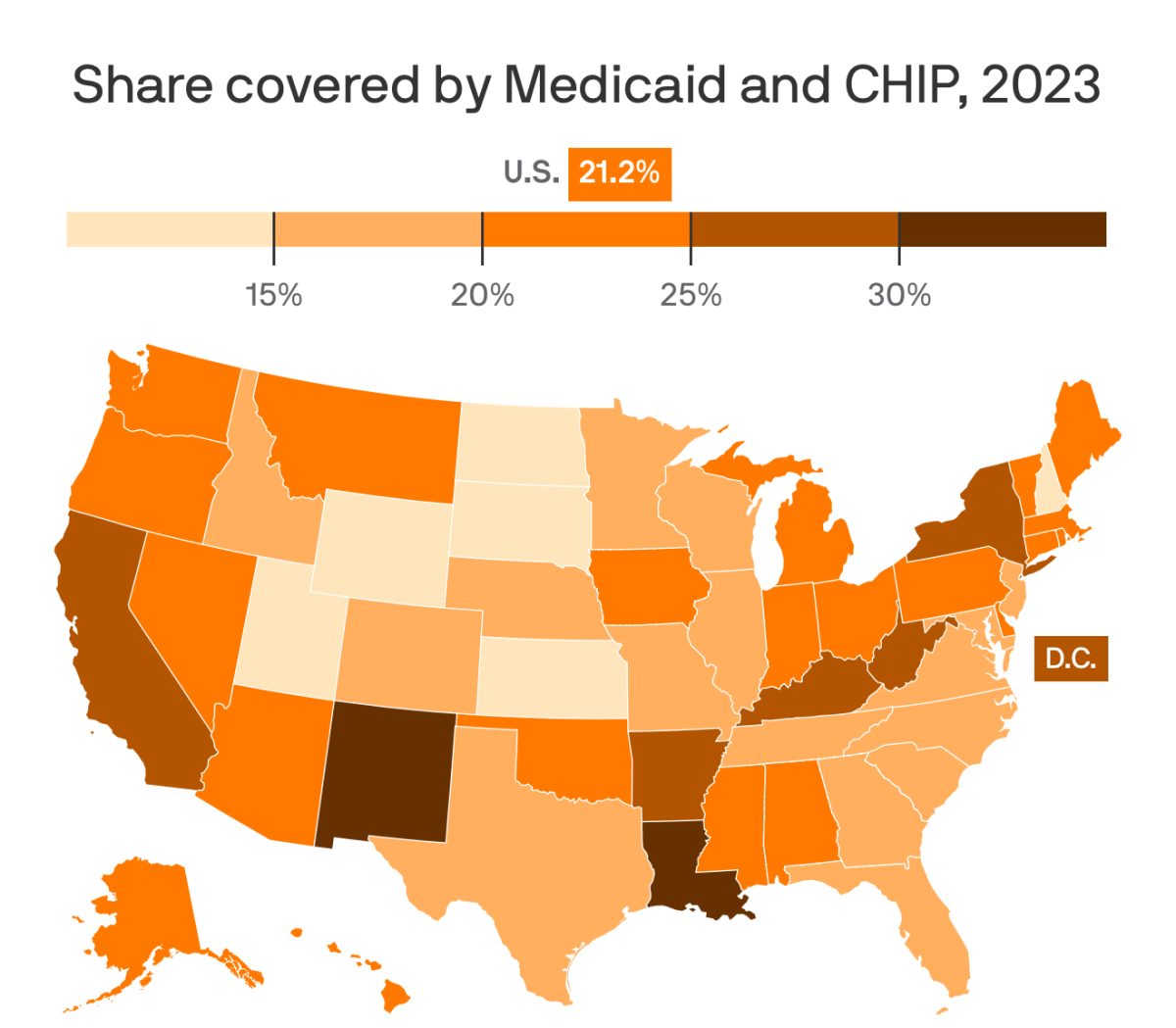The topic of mental health has become a hot button issue in our country. Even with growing social awareness, there is still a strong stigma about the legitimacy of mental illness. This stigma is most prevalent in the African-American community.
As someone who has battled depression and anxiety since the age of fourteen, I believe the best motto for someone who suffers from mental illness is the overarching belief that “things can get better.”
Per www.nami.org, African-Americans are 20 percent more likely to experience serious mental health problems than the general population. The most common mental illnesses in the Black community are Posttraumatic Stress disorder (PTSD), Attention Deficit Hyperactivity Disorder (ADHD), and Major Depression.
“I believe that legitimacy of mental health is challenged in our community due to lack of knowledge. Basic information about mental health has been hidden from us since the demolition of the Black psyche in slavery,” said sophomore Journalism and Mass Communications student, Aniya Baker.
“I don’t think there is a stigma against mental health in our community. ‘Against’ is a strong word. We come from very intelligent roots. We are aware of the problems that go on in our community, but we just don’t talk about them,” said junior Psychology student, Andrea Hill.
Per www.letserasethestigma.com, even though blacks are less likely to die from suicide as teenagers, black teenagers are more likely to commit suicide than their white teenage counterparts – 8.2 percent versus 6.3 percent. Our youth is crying out for help and many people in our community often times are unaware of the personal struggles and the warning signs. Sometimes, family and friends have no idea of the internal struggles their loved one might be facing.
“When I was fourteen, my mom told me she has bipolar disorder and depression. My grandfather does, too. She told me this while I was lying in the hospital bed of a psychiatric ward after my first suicide attempt. Since [then], I have had counseling, medication, and another attempt. [This happened] all before the age of sixteen,” said junior, Kinsley Thompson.
The most common issue that prevent African-Americans from seeking treatment for mental health include, distrust and misdiagnoses, socio-economic factors like provider biases and inequality of health care, and medications. Yet, the most common issue is that of faith and spirituality.
Faith and spirituality comprise the core of our community. From www.psychiatry.org, eighty-five percent of Blacks would describe themselves as “religious” or “fairly religious” and their most common way to deal with stress is through prayer. It is the belief that everything can be healed by God that leaves some people in our community doubting not just the legitimacy of mental illness, but the fact that, for many individuals, it is a lifelong battle.
“I do believe that faith and spirituality can really help when it comes to battling mental illness, but I also feel like half of it has to be you wanting to be better also,” said sophomore Information Technology student, Shaun McKellar.
“I believe having a strong faith in a higher being can provide comfort, but it absolutely can NOT solve or cure mental illness,” said junior, Kinsley Thompson.
“My parents understand that mental illness exists. My father witnessed his brother commit suicide by walking in front of a bus. I think it’s hard for them to understand so they don’t talk about it much. They believe in the power of prayer but are skeptical of medicines. Having a child opened their eyes to many things. Slowly they’re understanding that you can’t pray everything away,” said junior Psychology student, Andrea Hill.
The best way for us to start breaking down the lack of knowledge and ignorance is by keeping each other informed and educated.
“The psychology department at A&T is moderately popular. I would say 1 out of every 5 people on this campus is one with most of our graduates continuing their studies in graduate school,” said senior Psychology student Amanda Carroll.
“America, as a whole, puts more emphasis into technology and engineering than health, especially mental health,” said junior Psychology student, Andrea Hill.
“I feel like there isn’t a good amount of African-American representation in the health fields to start with, so people aren’t going to want to go into jobs like that,” said sophomore Information Technology student, Shaun McKellar.
Even though there is still a great deal of research to be done on mental health, it is time for our community to start to acknowledging its legitimacy and how it affects our own people.
As someone who has battled depression and anxiety since the age of fourteen, I believe the best motto for someone who suffers from mental illness is the overarching belief that “things can get better.”
“I, myself, and several others close to me are survivors of mental illness. My typical day goes as such: waking up and fighting the depression that is chaining me to the bed, trying to eat breakfast and battling the residual anxiety that an eating disorder has left me. Then, I try to sustain a calm demeanor throughout my day. After the day is done, I come home and remind myself no matter how cursed my mental illness makes me feel, that waking up is nothing short of a blessing. It is that belief that keeps me fighting each and everyday,” said sophomore Journalism and Mass Communications student, Aniya Baker.
For more information on the mental health services provided at A&T, visit http://www.ncat.edu/student-affairs/student-services/counseling/ or http://www.ncat.edu/student-affairs/student-services/health-services/clinical-services/psychiatric-service.html
By: Brittany Van Pelt






